Developing problem solving skills is a really important part of a student’s development. Unfortunately, with such a lot of curriculum content to cover and the time pressures teachers face, problem solving activities can be neglected. In turn, this stifles the student’s chance to practise their logical thinking and reasoning skills.
However, this needn’t be the case!
Shape Maze – Squares is part of a collection of quick labyrinth puzzles that teachers can use in class as a 5-minute brain warm-up or short lesson starter. The activity won’t eat into valuable lesson time and can be revisited throughout the day until the solution has been found.
Using activities such as Shape Maze daily, will mean students get a chance to flex their all-important thinking skills.
Each resource sheet in the collection is accompanied by a handy teacher answer sheet. Teachers can use this at a glance to check student work or it could be displayed at the end of each day for students to self-assess their own work.
How to use Shape Maze – Squares:
- Print the resource sheet and ensure your students have a supply of coloured pencils or crayons.
- Students must solve the puzzle by helping the puppy reach the bone.
- They must start at the puppy and colour the squares that follow a route which ends at the bone.
- Only squares that are above and below or left and right of each other may be coloured. Diagonals do not count.
Extension Activities and Fun Ideas:
- As an extension, provide your students with a blank maze. Ask them to create their own puzzle. They could think creatively to invent a different character scenario, instead of the puppy and bone. You could also challenge them to draw different shapes.
- Consider setting up a life-sized labyrinth. Chalk a grid on the playground floor or use dividers of a court in the sports hall. Cut out some large 2D-shapes and ask your students to find their way through the maze. The great thing about this version is you can move the shapes around creating more challenging mazes each time.
- Beebots are robots that students can program to follow a set of directions (backwards/forwards, left/right). If your school is lucky enough to own a set of Beebots or a similar robot programming resource, then why not create a shape maze for the robot to navigate. Students will have to use their problem solving and programming skills to guide the robot through the maze.
All free resources are updated fortnightly. If this freebie is not available visit HERE to grab the latest free resource on us!
Never miss a classroom activity we create. THE NUMBER 6 activity has been added to the Lizard Learning Club PLUS Membership.
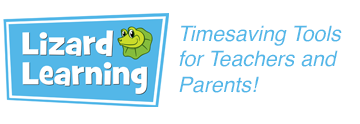
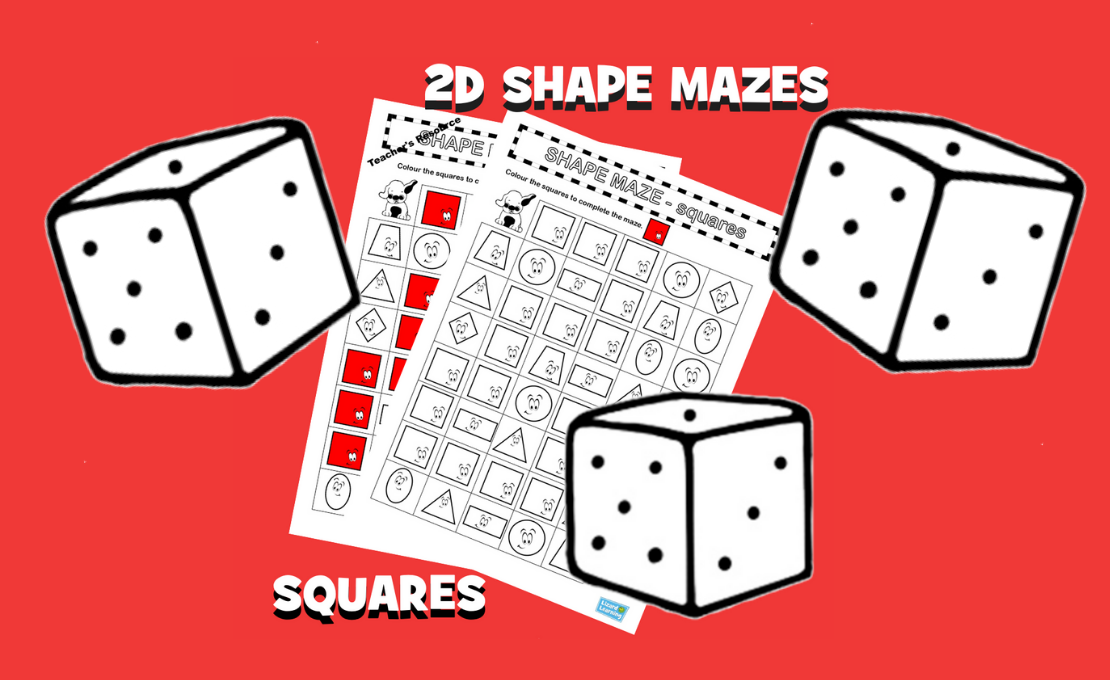
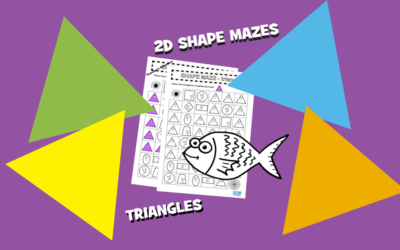
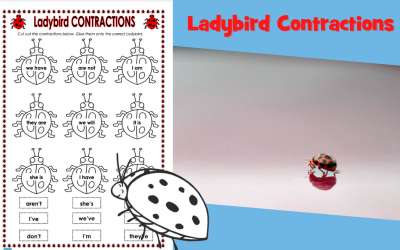
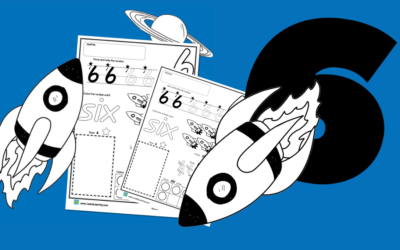
0 Comments